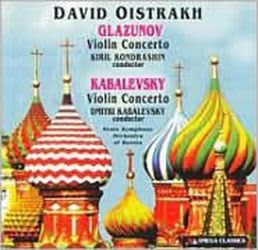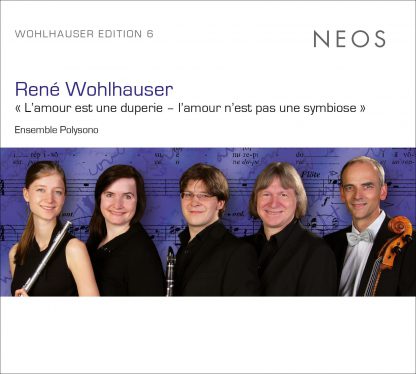Description
Artists
|
« L’AMOUR EST UNE DUPERIE – L’AMOUR N’EST PAS UNE SYMBIOSE » A chamber opera or chamber opera oratorio (concertante or staged) Hommage à Jean-Paul Sartre et Simone de Beauvoir based on forbidden texts by Jean-Paul Sartre (and replaced by the composer’s own sound poetry) and texts by Simone de Beauvoir, used with permission. The Ensemble Versions (soprano, baritone, flute, clarinet, violoncello and piano) In spring of 2014 I dedicated myself to studying the correspondence between Jean-Paul Sartre and Simone de Beauvoir closely and began to compile selected passages into a libretto. Most came from the letters written in February 1940, shortly after Sartre had been drafted for military service. These exceptional circumstances affected Sartre’s approach to life as well as his relationship to Simone de Beauvoir. I had planned to create scenes with texts by Jean-Paul Sartre and Simone de Beauvoir taken from their letters and contrast them with excerpts of the philosophical work L’être et le néant by Jean-Paul Sartre – a sort of confrontation of philosophical theories with their realization in the everyday life of the author. The copyright holders of Jean-Paul Sartre’s texts categorically refused to allow a musical setting of these texts and did not offer any explanation. To react to this situation creatively, I first set the texts by Sartre and de Beauvoir to the music in order to preserve the original tone. Subsequently I removed the Sartre texts from the music and replaced them with my own sound poetry, translating the characteristic spoken and musical style of Sartre’s formulations into sound poetry texts. Not a single word of Sartre is sung, in order to ensure full compliance with the relevant legal aspects, but the characteristic style of his language remains present in the music such that it is palpable in the music, or so to speak virtually present. Rights to use Simone de Beauvoir’s texts were granted without reserve. Sartre’s original French texts may not be sung until 70 years following his death, which is when the copyright’s term of protection expires. Only then can the actual premiere of this chamber opera take place. Though conceived as an homage to Sartre and de Beauvoir, this version of the piece is an homage in which only the original texts of de Beauvoir are permitted to appear. The prohibition against using Sartre’s texts has led to the bizarre situation that my homage work to Sartre may not contain any of his own original texts. His statements can only be heard in the encrypted language of sound poetry. Nonetheless it is important to me that this work is recorded in its present form to document the current situation musically. In this case, the sound poetry acts as a symbol of artistic (and thereby also political) freedom, since no one can prohibit this sound poetry and its subtextual freedom of interpretation. René Wohlhauser Translation: Mark Barden |










